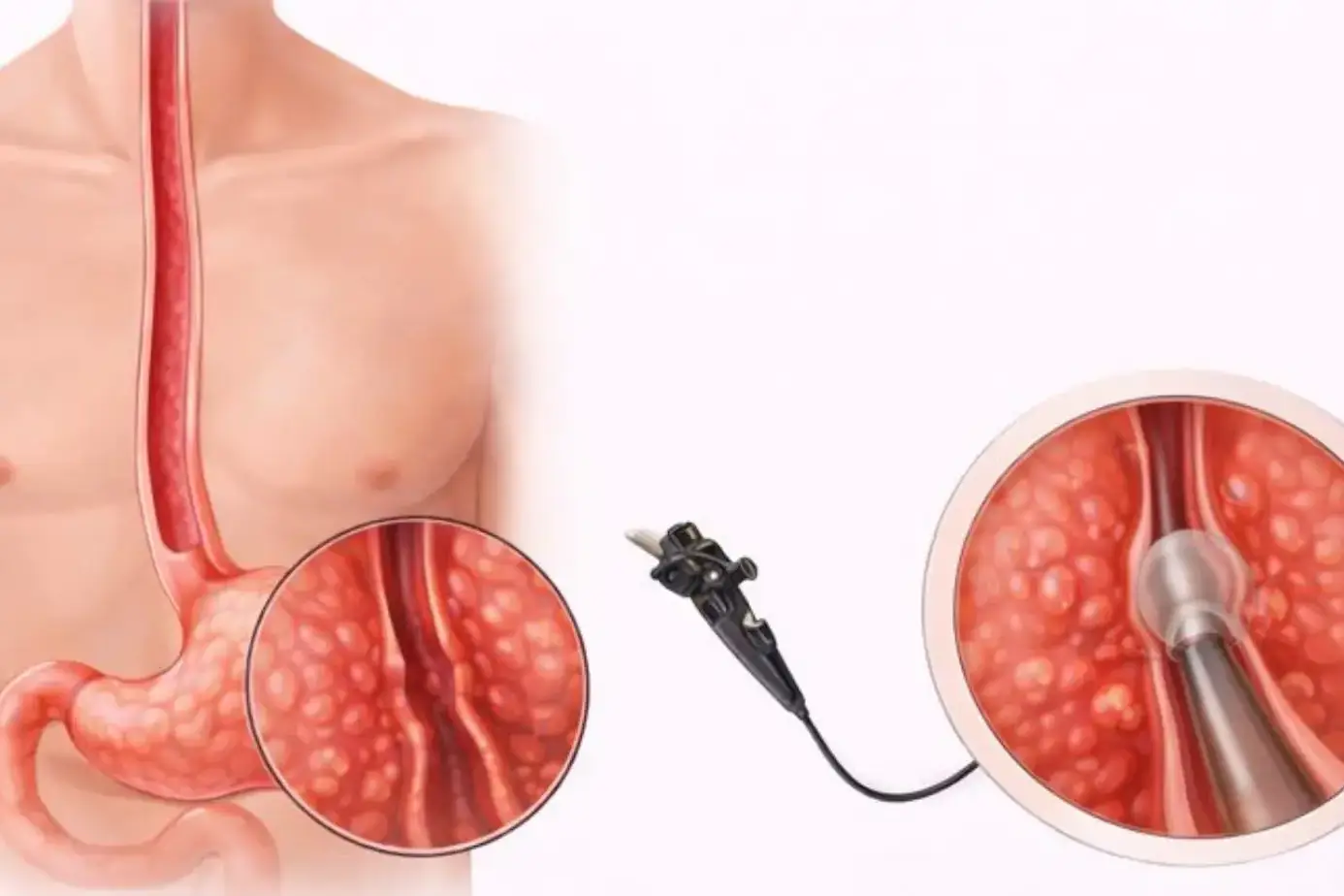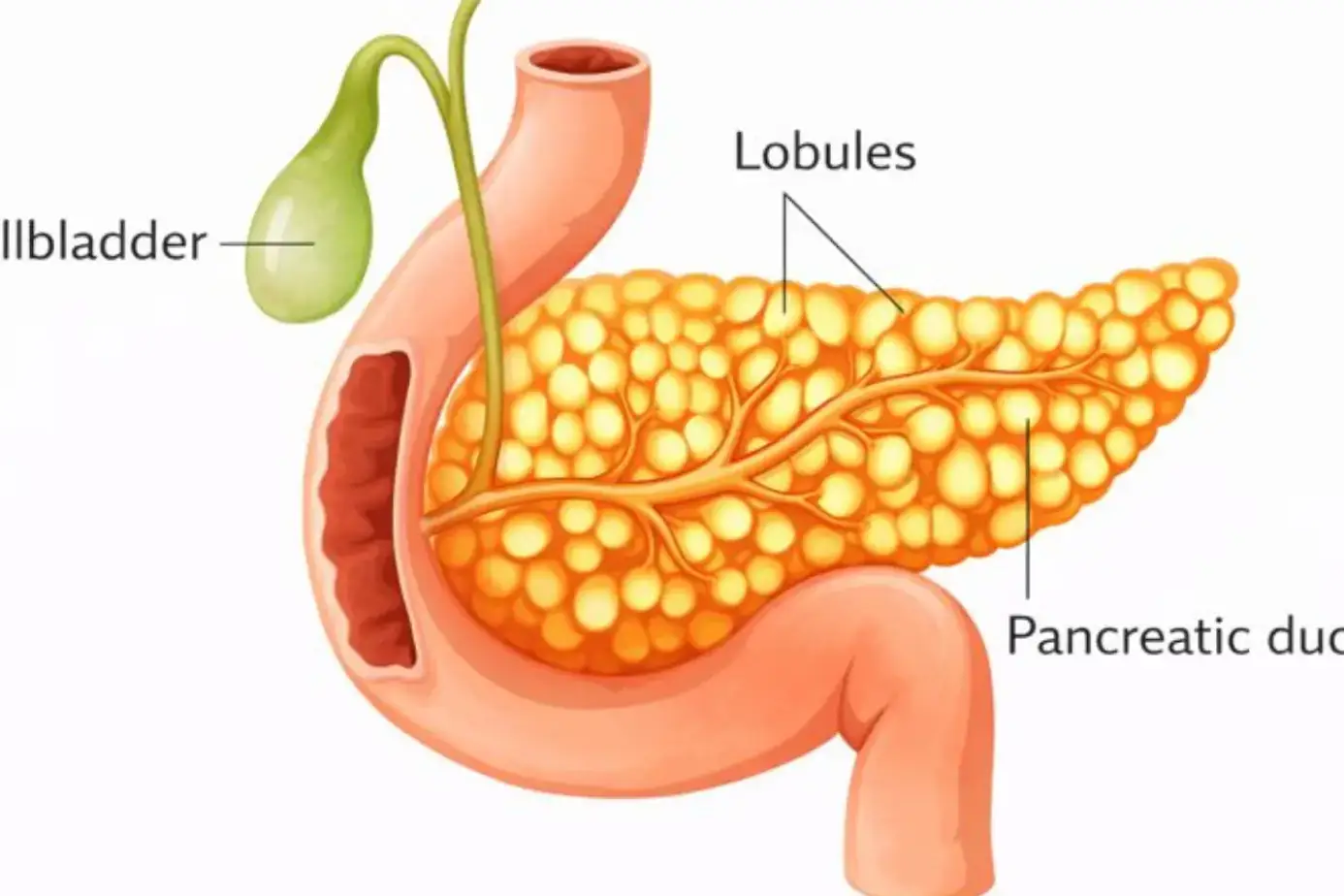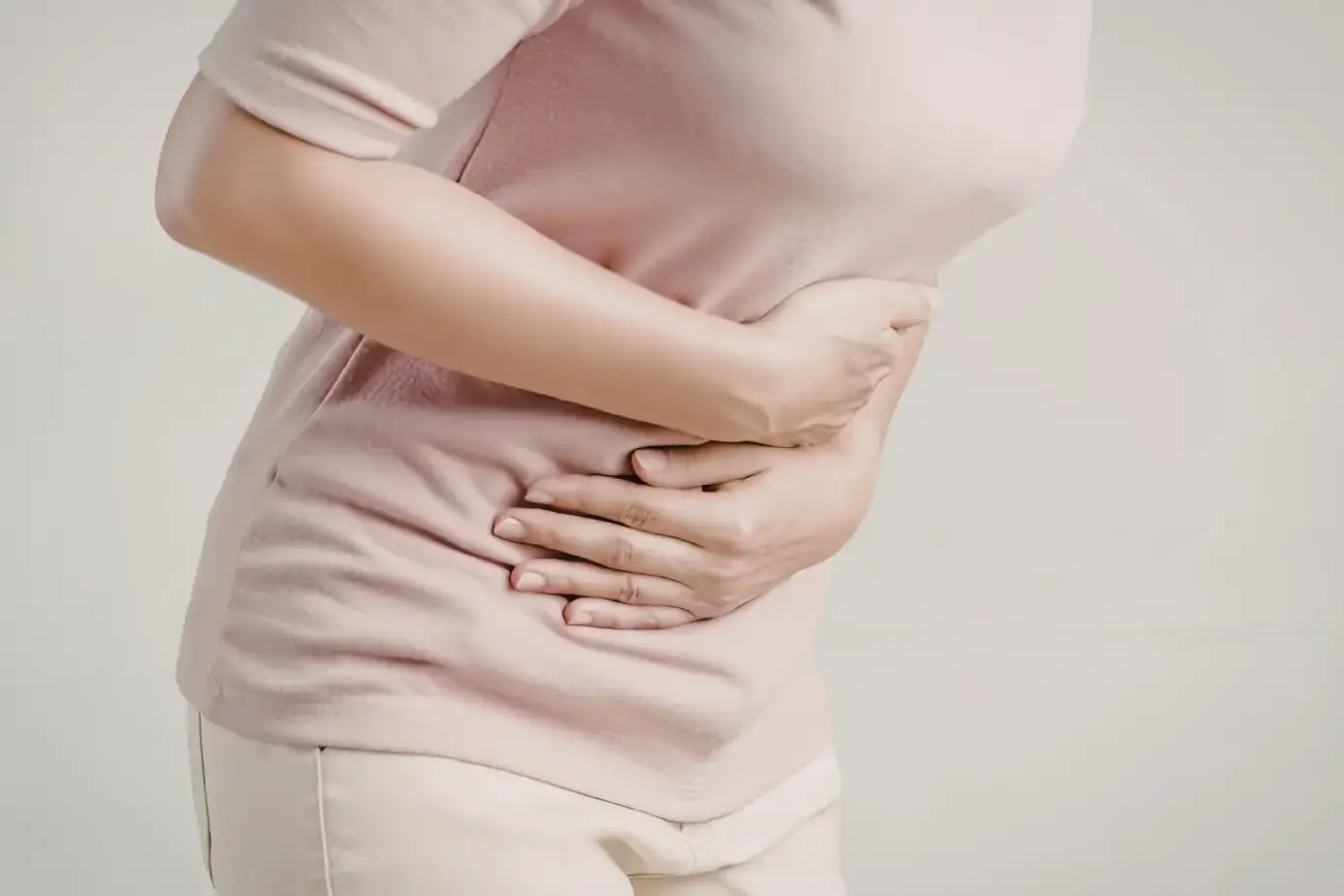Dealing with IBS-D Is Like Navigating A Minefield.
One wrong step, and you’re hit with bloating, urgency, and the constant fear of needing a bathroom ASAP. If you have Irritable Bowel Syndrome with Diarrhea (IBS-D), you know how unpredictable and frustrating it can be. One moment, you’re fine; the next, you’re rushing to the nearest restroom. It’s exhausting, embarrassing, and can seriously interfere with your daily life.
Table of Contents
ToggleWhile medications and dietary changes are common approaches to managing IBS-D, probiotics are gaining attention as a potential game-changer. These beneficial bacteria and yeasts help restore gut balance, regulate digestion, and even reduce inflammation. But do probiotics really work for IBS-D? And if so, what’s the Beat the Bloat and Urgency: Best Probiotic For IBS Diarrhea?
In this article, we’ll dive deep into the science of probiotics and their role in IBS-D management. We’ll explore:
- How probiotics influence gut health and digestion
- Which specific probiotic strains are backed by research for IBS-D
- How to choose the right probiotic supplement for your needs
- Tips for incorporating probiotics into your routine effectively
Let’s get started on your journey to better gut health!
Understanding IBS-D: When Your Gut Feels Out of Control
What is IBS-D?

Irritable Bowel Syndrome (IBS) is a chronic digestive disorder that affects the large intestine. It comes in different subtypes:
- IBS-D (Diarrhea-Predominant IBS) – Characterized by frequent, loose stools, urgency, bloating, and abdominal pain.
- IBS-C (Constipation-Predominant IBS) – Involves infrequent, hard stools and difficulty passing bowel movements.
- IBS-M (Mixed IBS) – Includes alternating episodes of Diarrhea and constipation.
For those with IBS-D, food choices, stress, and gut bacteria imbalances can trigger sudden, painful episodes of Diarrhea. This unpredictability makes it hard to plan daily activities, travel, or even enjoy meals without anxiety.
The Role of Gut Microbiome in IBS-D
Your gut microbiome is home to trillions of bacteria, both beneficial and harmful. A healthy gut microbiome maintains digestive balance, supports the immune system, and produces important compounds for overall health.
But in IBS-D, research shows that many people have an imbalance in gut bacteria (dysbiosis), which may contribute to:
- Excessive gas production leads to bloating and discomfort.
- Increased gut permeability, causing inflammation and irritation.
- Disruptions in digestion and motility lead to Diarrhea.
This is where probiotics come in! These beneficial microbes help rebalance gut bacteria, improve digestion, and reduce IBS-D symptoms over time.
Best Probiotics for IBS Diarrhea: Which Strains Actually Work?
Not all probiotics are created equal! Some strains are more effective for constipation, while others work better for Diarrhea and gut inflammation. Let’s look at the best options for IBS-D relief.
1. Saccharomyces boulardii (Yeast-Based Probiotic)
Best for: Reducing diarrhoea and inflammation
This probiotic yeast (not a bacteria) has been widely studied for diarrhoea-related conditions, including IBS-D. Research shows that Saccharomyces boulardii:
- Helps restore gut barrier function and reduce inflammation.
- Lowers the frequency of diarrhoea episodes.
- Supports overall gut health by regulating harmful bacterial overgrowth.
Where to find it? Look for S. boulardii supplements or probiotic blends containing this strain.
2. Lactobacillus acidophilus NCFM
Best for: Improving stool consistency & reducing bloating
This strain of Lactobacillus acidophilus is well-known for its ability to improve digestion and gut motility. Studies suggest that it:
- Reduces abdominal discomfort and cramping.
- Enhances the gut’s natural anti-inflammatory response.
- Helps regulate bowel movements, preventing excessive diarrhoea.
Where to find it? Available in many multi-strain probiotics.
3. Bifidobacterium bifidum MIMBb75
Best for: Overall IBS symptom relief
This clinically studied strain is known for its ability to:
- Strengthen the intestinal barrier, preventing leaky gut.
- Reduce diarrhoea and bloating.
- Improve long-term gut stability.
Where to find it? Sold in IBS-targeted probiotics.
4. Lactobacillus plantarum 299v
Best for: Reducing gas, bloating, and urgency
This probiotic strain is particularly helpful for people who experience urgency and bloating. It supports gut health by:
- Enhancing nutrient absorption.
- Reducing gas and bloating.
- Helping regulate bowel movements.
Where to find it? Commonly found in fermented foods like sauerkraut and kimchi or in supplements.
How to Choose the Right Probiotic for IBS-D
With so many probiotic supplements on the market, how do you pick the right one for IBS-D?
Checklist for Choosing a Probiotic:
- Contains clinically studied strains (like S. boulardii, B. bifidum MIMBb75, or L. acidophilus NCFM).
- Has at least 10 billion CFUs (colony-forming units).
- Survive stomach acid (look for “delayed-release” or “enteric-coated” capsules).
- No artificial additives that might trigger IBS symptoms.
How to Take Probiotics for IBS-D (Dosage & Tips)
For best results, follow these probiotic guidelines:
- Take consistently – Probiotics need time to work! Take daily for at least 4-6 weeks to assess improvement.
- Start slow – If you’re new to probiotics, introduce them gradually to avoid temporary bloating.
- Pair with prebiotics – Prebiotics (like bananas, oats, or asparagus) feed probiotics and help them thrive.
- Monitor symptoms – Keep a journal to track changes in digestion, stool frequency, and bloating.
Other Natural Ways to Support Gut Health
In addition to probiotics, other lifestyle changes can improve IBS-D symptoms:
- Low-FODMAP diet – Avoid high-FODMAP foods that can trigger diarrhoea.
- Hydration – Drink plenty of water to prevent dehydration from frequent bowel movements.
- Stress management – Practice mindfulness, meditation, or light exercise to reduce gut-related stress.
- Regular meals – Avoid skipping meals, which can disrupt digestion and worsen symptoms.
Final Thoughts: Can Probiotics Really Help IBS-D?
Yes! Probiotics have been shown to help many people with IBS-D by improving gut balance, reducing bloating, and regulating bowel movements. However, results can vary depending on the individual and the probiotic strain used.
If you’re struggling with IBS-D symptoms, probiotics might be a worthwhile addition to your routine. But remember—always consult a healthcare provider before starting any new supplement.
Need Help Choosing the Right Probiotic?
If you’re unsure where to start, talk to a gastroenterologist or dietitian for personalized guidance. Finding the best probiotic for IBS diarrhoea can make a huge difference in your gut health—and your quality of life!
About The Author

Medically reviewed by Dr. Nivedita Pandey, MD, DM (Gastroenterology)
Dr. Nivedita Pandey is a U.S.-trained gastroenterologist and hepatologist with extensive experience in diagnosing and treating liver diseases and gastrointestinal disorders. She specializes in liver enzyme abnormalities, fatty liver disease, hepatitis, cirrhosis, and digestive health.
All content is reviewed for medical accuracy and aligned with current clinical guidelines.





